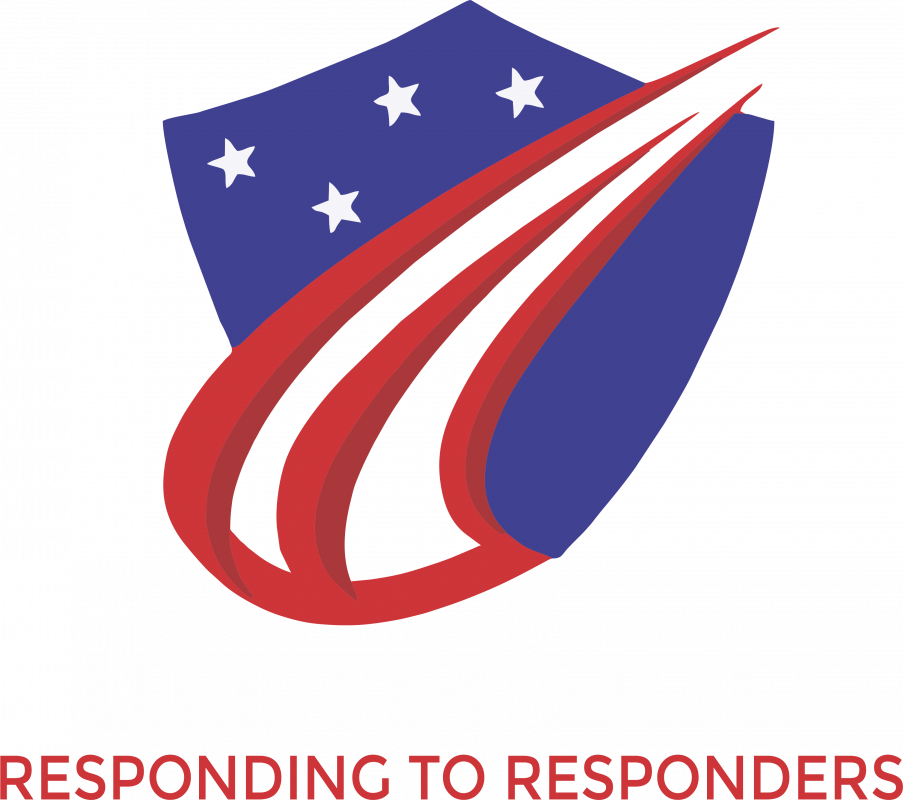First responders face immense challenges every day. They witness trauma, make life-and-death decisions, and often carry the weight of their actions long after their shifts end. While much attention is given to post-traumatic stress disorder (PTSD), another critical yet less discussed issue is moral injury.
What Is Moral Injury?
Moral injury occurs when a person experiences deep emotional and psychological distress after actions—or inactions—that go against their moral beliefs or ethical code. It’s not just about witnessing trauma; it’s about feeling personally responsible for an event that conflicts with one’s values.
For first responders, moral injury can arise in various ways:
• Being unable to save a life despite their best efforts
• Witnessing acts of violence or neglect without being able to intervene
• Feeling betrayed by leadership or the justice system
• Having to make split-second decisions that result in unintended harm
• Experiencing guilt over actions taken under orders
Unlike PTSD, which is often triggered by fear-based trauma, moral injury stems from guilt, shame, and feelings of betrayal. It erodes a person’s sense of self and purpose, making it harder to cope with the emotional burden of their job.
The Impact of Moral Injury on Mental Health
The consequences of moral injury can be devastating. First responders who suffer from it may experience:
• Depression and Anxiety: Constant self-doubt and guilt can lead to overwhelming sadness and worry.
• Emotional Numbness: Some may shut down emotionally as a defense mechanism, struggling to connect with family, friends, and colleagues.
• Substance Abuse: Many turn to alcohol or drugs to escape painful memories.
• Isolation: The belief that no one else can understand their pain can push first responders away from support systems.
• Suicidal Thoughts: Left unaddressed, moral injury can contribute to suicidal ideation, as individuals may feel they no longer deserve happiness or redemption.
How to Address Moral Injury
Healing from moral injury requires more than just resilience—it requires a support system and intentional efforts to restore a sense of meaning. Some key approaches include:
• Peer Support Programs: Talking with others who have faced similar struggles can help first responders process their emotions without fear of judgment.
• Mental Health Counseling: Therapy, especially with professionals familiar with first responder trauma, can help navigate guilt and shame.
• Faith and Spiritual Guidance: For some, turning to faith or personal belief systems can help rebuild a sense of purpose and forgiveness.
• Leadership Accountability: Agencies must foster environments where first responders feel heard, supported, and not abandoned when difficult decisions weigh on them.
• Education and Training: Understanding moral injury before experiencing it can help first responders recognize and address it early.
Breaking the Silence
Moral injury isn’t a sign of weakness—it’s a human response to an impossible situation. First responders dedicate their lives to protecting others, but they must also protect their own mental and emotional well-being. Recognizing moral injury, talking about it, and seeking help when needed can prevent its long-term damage.
If you or someone you know is struggling with moral injury, you are not alone. With You is here to assistance you.
The work you do matters, and so do you.
